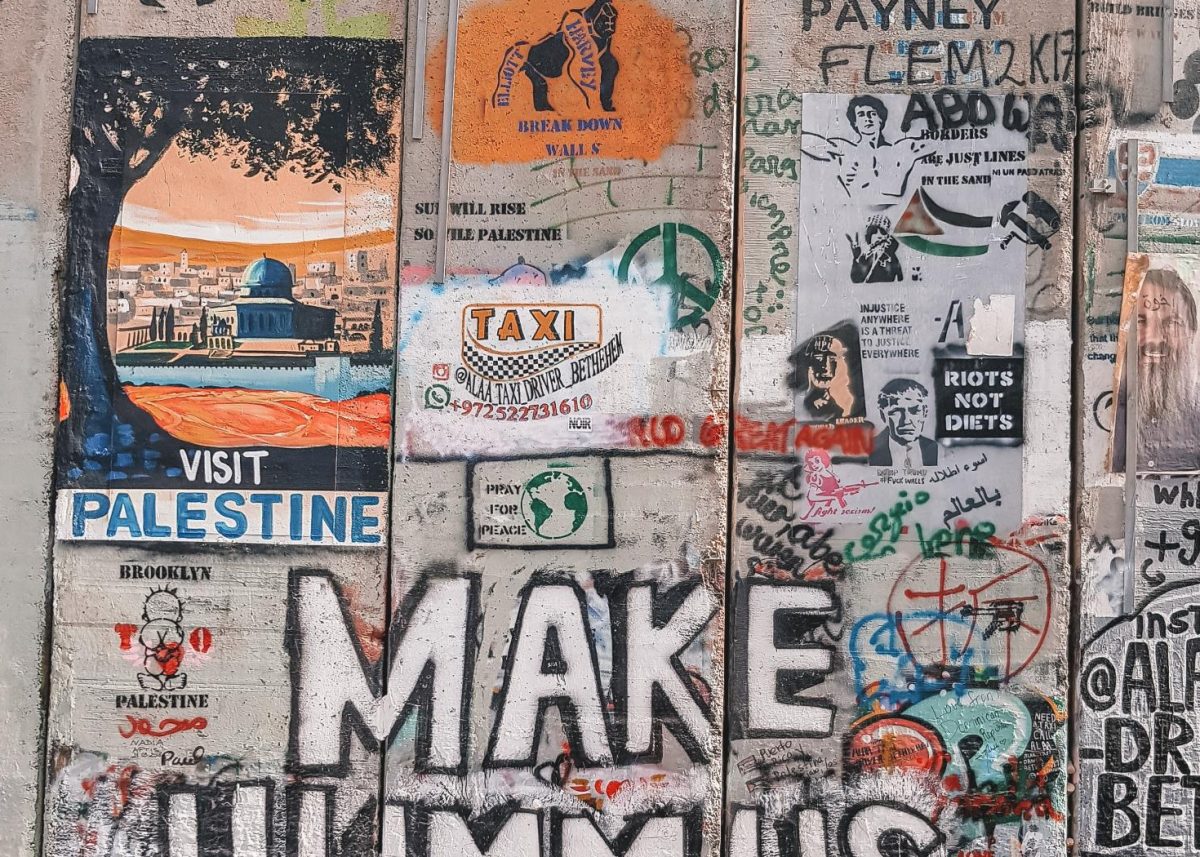In our complex world of divisive issues and conflicts, we must try to stand for something. At the forefront of modern conflicts is the Israeli-Palestinian struggle, made of historical grievances, political complexities, and ongoing violence. The situation in the Middle East has captured global attention for decades and has been making many headlines over recent attacks from all involved.
Picking a side in such a scenario, especially on an individual level, can be a delicate issue. Some may argue that this conflict is too convoluted to take a stance, but history and moral considerations beg to differ.
Choosing a side in a contentious matter can be a challenge for our moral compasses and ethical alignments. Taking a stand is an acknowledgment that remaining indifferent or passive in the face of injustice often perpetuates the status quo.
Take, for instance, World War II, a time of massive bloodshed and horrors. Both sides committed atrocities, killed civilians, and caused immense suffering. It could have been tempting to say, “Both sides are doing bad things, so I won’t choose a side.” But, history tells us that taking a stance against the tyranny of Nazi Germany was the right thing to do. Picking a side in favor of justice, even when imperfect, contributed to the eventual fall of the oppressive regime.
It’s key to make a distinction between individual choices and governmental policies. When considering international conflicts, like the Israeli-Palestinian issue, there are arguments for and against the involvement of the United States government. Our involvement is an important conversation to be had, but before we decide what the government should do, each of us, as individuals, needs to decide where we stand and whom we support in this complex and sensitive conflict.
In the Israeli-Palestinian conflict, choosing a side isn’t the only consideration; recognizing the profound disparities in power and resources between the parties involved is equally important. Witnessing this conflict is similar to seeing a heavyweight boxing champion face a malnourished, untrained, and unstable opponent.
The economic and social challenges faced by Palestinians in Gaza and the West Bank, in their weakened state, can be linked to policies and actions by Israel over the years. Israel’s continued military occupation, blockade of Gaza, expansion of settlements, restrictions on movement, and recurring conflicts have all played a role in shaping the precarious situation that Palestinians find themselves in today. It’s essential to acknowledge these factors when discussing the enormous power imbalances at play.
Israel is in a position of immense strength due to overwhelming military, economic, and international support. Gaza, on the other hand, with its limited resources, economic hardships, and frequent conflicts, is a vulnerable and weaker opponent.
Just as we recognize the need to intervene when witnessing a grossly uneven fight, we must similarly acknowledge the responsibility to take a stance when power imbalances reach such extreme proportions. The narrative of Israel as the victim doesn’t hold when measured against the stark realities of power and influence.
In this situation, picking a side isn’t about making a choice; it’s about speaking up for the marginalized, oppressed, and disadvantaged. It’s about leveraging our power—the power of our voices, our advocacy, and our convictions—to ensure a fair and just resolution to this protracted conflict.
The question isn’t whether to pick a side; it’s whether we can stand on the side of fairness, justice, and humanity. In the face of adversity, neutrality is not an option.





